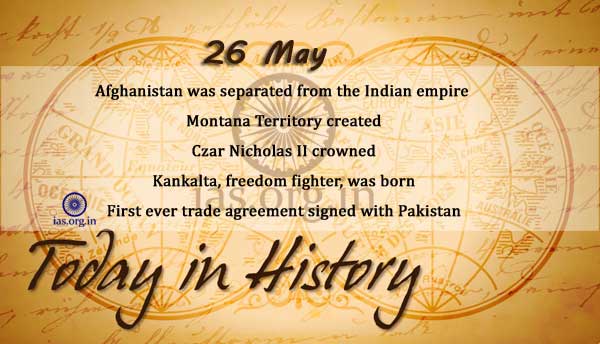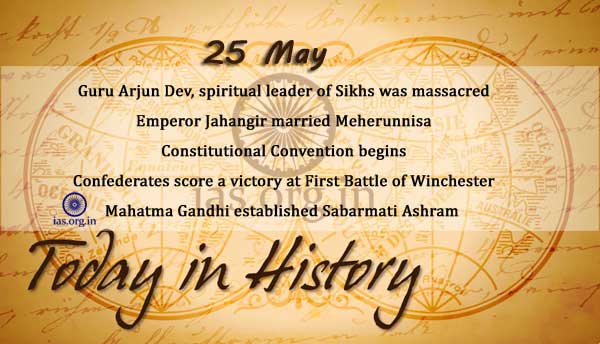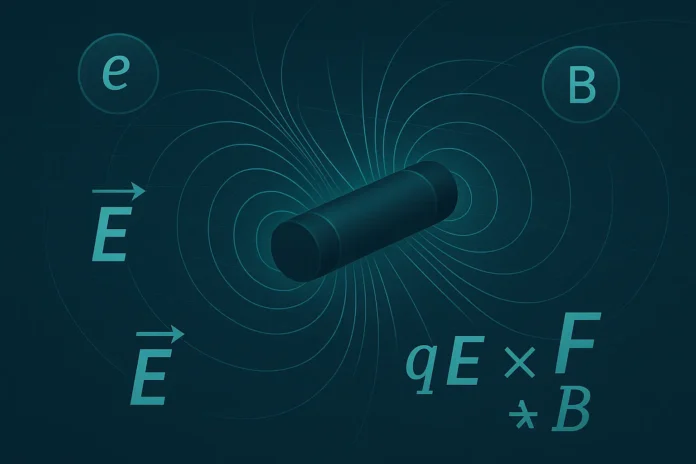Table of Contents
- Introduction
- What Are Electromagnetic Waves?
- Derivation from Maxwell’s Equations
- Wave Equation in Free Space
- Characteristics of EM Waves
- Polarization and Vector Nature
- The Poynting Vector and Radiation Intensity
- EM Spectrum and Classifications
- Radiation from Accelerating Charges
- Dipole Radiation
- Energy and Momentum Carried by EM Waves
- Applications of Electromagnetic Radiation
- Conclusion
1. Introduction
Electromagnetic (EM) waves are oscillations of electric and magnetic fields that propagate through space without needing a physical medium. This is a remarkable property that distinguishes them from mechanical waves like sound or water waves.
These waves carry not only energy but also momentum and information. They are fundamental to light, radio waves, microwaves, infrared, ultraviolet, X-rays, and gamma rays. Understanding how they arise and behave is essential to physics and engineering.
2. What Are Electromagnetic Waves?
EM waves are generated by time-varying electric and magnetic fields that are perpendicular to each other and to the direction of propagation. The electric field creates a changing magnetic field, which in turn induces a changing electric field — forming a self-propagating wave.
These waves are predicted by Maxwell’s equations and do not require a medium like air or water to travel, meaning they can propagate in vacuum.
3. Derivation from Maxwell’s Equations
In vacuum, Maxwell’s equations are:
- \( \nabla \cdot \vec{E} = 0 \) (no free charge)
- \( \nabla \cdot \vec{B} = 0 \) (no magnetic monopoles)
- \( \nabla \times \vec{E} = -\frac{\partial \vec{B}}{\partial t} \)
- \( \nabla \times \vec{B} = \mu_0 \varepsilon_0 \frac{\partial \vec{E}}{\partial t} \)
Taking the curl of Faraday’s law and using vector identities and Ampère’s law, we derive the wave equation for \( \vec{E} \) and similarly for \( \vec{B} \):
\[
\nabla^2 \vec{E} = \mu_0 \varepsilon_0 \frac{\partial^2 \vec{E}}{\partial t^2}
\]
\[
\nabla^2 \vec{B} = \mu_0 \varepsilon_0 \frac{\partial^2 \vec{B}}{\partial t^2}
\]
These are second-order differential equations showing how electric and magnetic fields propagate as waves.
4. Wave Equation in Free Space
The wave equation implies a constant speed of propagation:
\[
c = \frac{1}{\sqrt{\mu_0 \varepsilon_0}}
\]
This is the speed of light in vacuum and connects electromagnetic theory with optics. Maxwell was the first to propose that light is an electromagnetic wave, unifying electricity, magnetism, and optics.
5. Characteristics of EM Waves
Key properties:
- Transverse nature: Both \( \vec{E} \) and \( \vec{B} \) are perpendicular to the direction of propagation.
- Self-sustaining: EM waves can exist and travel in vacuum.
- In-phase oscillations: Electric and magnetic fields oscillate sinusoidally and in phase.
A prototypical solution for a wave moving in the \( z \)-direction:
\[
\vec{E}(z, t) = E_0 \hat{x} \cos(kz – \omega t), \quad \vec{B}(z, t) = B_0 \hat{y} \cos(kz – \omega t)
\]
These equations show both fields oscillate with the same frequency and phase, maintaining orthogonality.
6. Polarization and Vector Nature
The polarization of an EM wave refers to the orientation of the electric field vector.
- Linear polarization: E-field oscillates in a single direction.
- Circular polarization: E-field rotates in a helix as the wave moves.
- Elliptical polarization: General case where both x and y components vary.
Polarization is crucial in optics, antenna design, and satellite communication.
7. The Poynting Vector and Radiation Intensity
The Poynting vector ( \vec{S} ) describes the energy flow per unit area per unit time:
\[
\vec{S} = \frac{1}{\mu_0} \vec{E} \times \vec{B}
\]
The time-averaged intensity (useful for continuous waves):
\[
\langle S \rangle = \frac{1}{2} \varepsilon_0 c E_0^2
\]
This gives the power transmitted by EM radiation through space.
8. EM Spectrum and Classifications
The electromagnetic spectrum spans a wide range of frequencies and wavelengths:
- Radio waves: Used in communication, long wavelength, low energy.
- Microwaves: Radar, ovens, satellite communication.
- Infrared: Thermal imaging, night vision, heating.
- Visible light: Perceivable by the human eye.
- Ultraviolet: Sunlight, sterilization, fluorescence.
- X-rays: Medical imaging, high-energy physics.
- Gamma rays: Nuclear decay, astrophysical phenomena.
Each type has the same basic nature but different applications and energy levels.
9. Radiation from Accelerating Charges
According to Maxwell’s equations, only accelerating charges emit EM radiation.
The Larmor formula gives the power radiated by a non-relativistic charge:
\[
P = \frac{\mu_0 q^2 a^2}{6\pi c}
\]
This is foundational to antenna theory, synchrotron radiation, and astrophysics.
10. Dipole Radiation
The simplest example of radiation is from an oscillating electric dipole, such as an antenna.
Features:
- Field strength decreases as \( 1/r \)
- Radiated power depends on \( \omega^4 \), hence high-frequency radiation is stronger.
- Strongest radiation is perpendicular to the dipole axis.
This model is used to understand broadcasting, molecular transitions, and more.
11. Energy and Momentum Carried by EM Waves
EM waves not only carry energy but also exert pressure.
- Energy density:
\[
u = \frac{1}{2} \left( \varepsilon_0 E^2 + \frac{B^2}{\mu_0} \right)
\] - Momentum density:
\[
\vec{g} = \frac{\vec{S}}{c^2}
\] - Radiation pressure:
\[
P_{\text{rad}} = \frac{\langle S \rangle}{c}
\]
This explains the concept of solar sails, where spacecraft propulsion is achieved via photon pressure.
12. Applications of Electromagnetic Radiation
- Communication: Radio, TV, cellular, Wi-Fi, satellites.
- Medical: X-rays, MRI, radiotherapy.
- Astronomy: Radio and optical telescopes.
- Industry: Microwaves, lasers, scanning systems.
- Defense: Radar, EM interference, stealth technologies.
EM waves underpin nearly all modern technology.
13. Conclusion
Electromagnetic waves represent one of the most beautiful and far-reaching consequences of Maxwell’s equations. From the unified field theory of light to its vast technological impact, EM radiation remains a cornerstone of modern science and engineering.
Understanding its behavior — in free space, through matter, and at different frequencies — opens doors to everything from wireless technologies to the mysteries of the cosmos.






